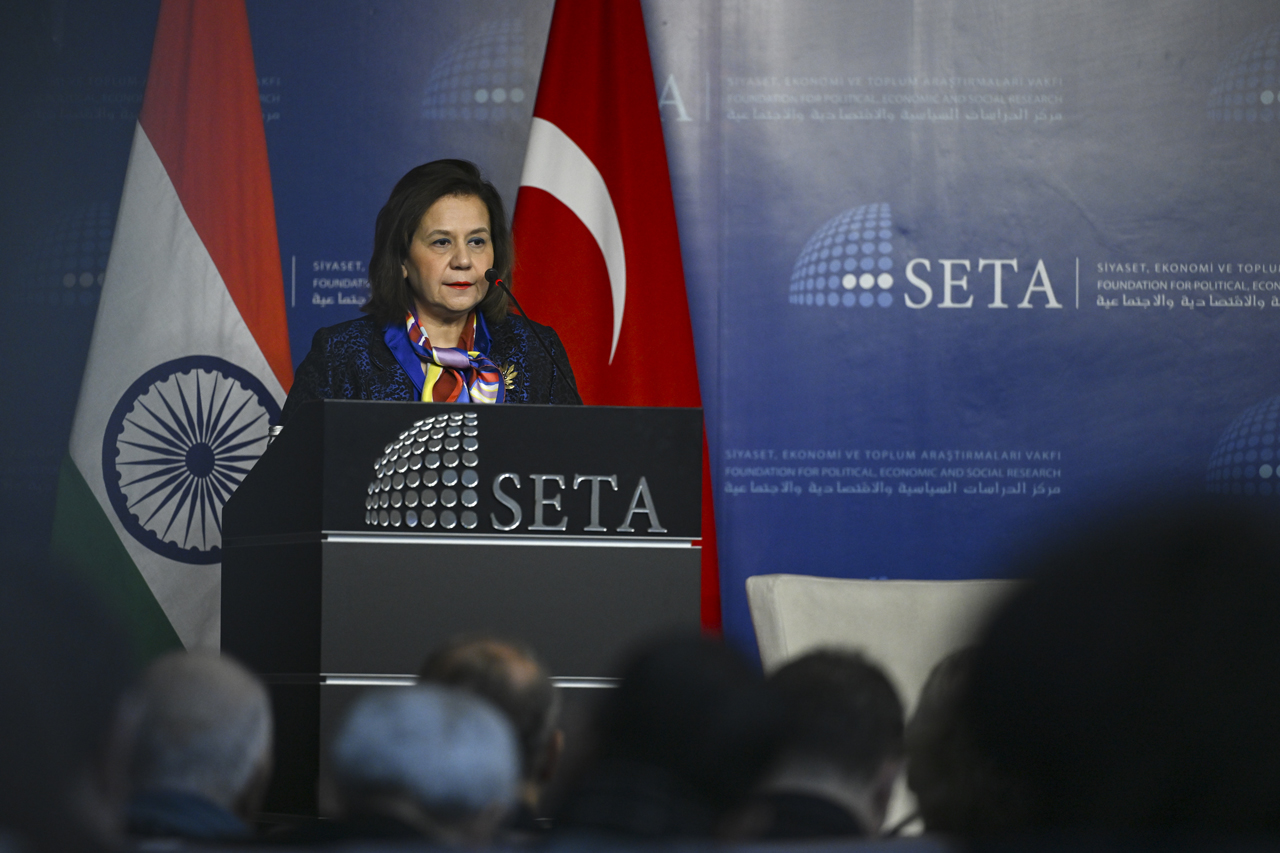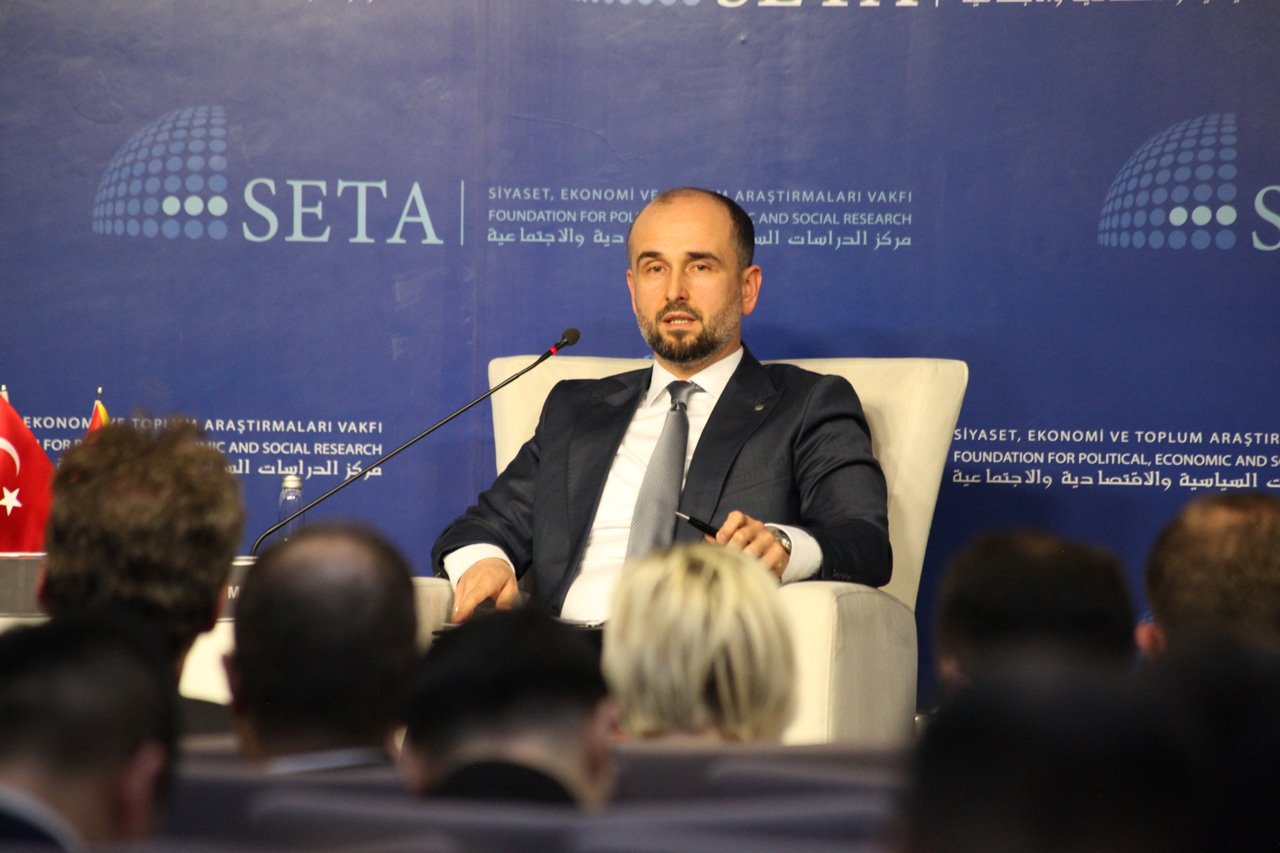Seizing power after 29 years and 120 days of Mubarak rule, the 5th Egyptian President Mohamed Morsi is the first civilian leader and he successfully managed the process during which regional dynamics have been reshaped.
Egyptian regime believed that Arab uprisings in Cairo will end when Mubarak “was sacrificed.” Mubarak would leave and the established political order will be maintained through a partial power sharing.
When Freedom and Justice Party and al-Nour Party seized the overwhelming majority in the parliament, the Supreme Council of the Armed Forces stayed calm. Egyptian regime didn’t take the parliament seriously. What mattered most was the presidency. Before presidential elections, Egyptian tutelary regime inexplicably abolished the constitutional commission by an administrative court decision. Then more radical decisions followed. The Parliament was abolished by a soft coup; the authorities of the president were restricted. In an answer to this soft coup, Morsi has recently issued a new constitutional declaration.
As a final step of the coup attempts by the military such as the abolishment of the constitutional commission and the Parliament, the restriction of the presidential powers of Morsi and the intervention in each and every appointment and economic decisions since January 25, 2011, the military seized the control in a coup on July 3, 2013.
SETA presents the analyses of SETA experts on Egypt in order to better understand the transformation process in Egypt which began on January 25, 2011 and the overthrow of Mohamed Morsi by the military coup on July 3, 2013.
![]()
The Coup and Resistance in Egypt
Can Acun, September 04, 2013
A lose-lose balance has already been formed, so both parties have no choice but to reach a political consensus as they have notably high grassroots potential.
EU Must React Stronger As Egypt Becomes a Police State
Galip Dalay, August 29, 2013
Sustaining normal relations with Egypt would not be only morally unacceptable, it also has the potential to generate significant costs to the EU, in terms of its intermediate and long term interests in the region.
A New Period in Islamic Politics
Mehmet Özkan, August 28, 2013
The West still does not trust the political actors holding Islamic traditions in the Middle East, and it does not know how to interact with them effectively.
Assad-Sisi Massacres
Taha Özhan, August 23, 2013
If Putin has his Assad, the United States has its Sisi. Russia dubbed the massacres in Syria “fight against terror” while the U.S. labeled the coup in Egypt “democratization.”
Nobody Wins in Egypt
Kılıç Buğra Kanat, August 21, 2013
If the new regime in Egypt survives in the coming days, nobody will win a strategic advantage; rather, all actors in the Middle East will lose dearly, most significantly the Egyptian people themselves.
The Massacre in Egypt and Beyond
Mehmet Özkan, August 19, 2013
The August 14 massacre in Egypt proved the helplessness of coup supporters and indicated that the military, which fails to compete against the resistance of the masses through political means, returned back to old methods









